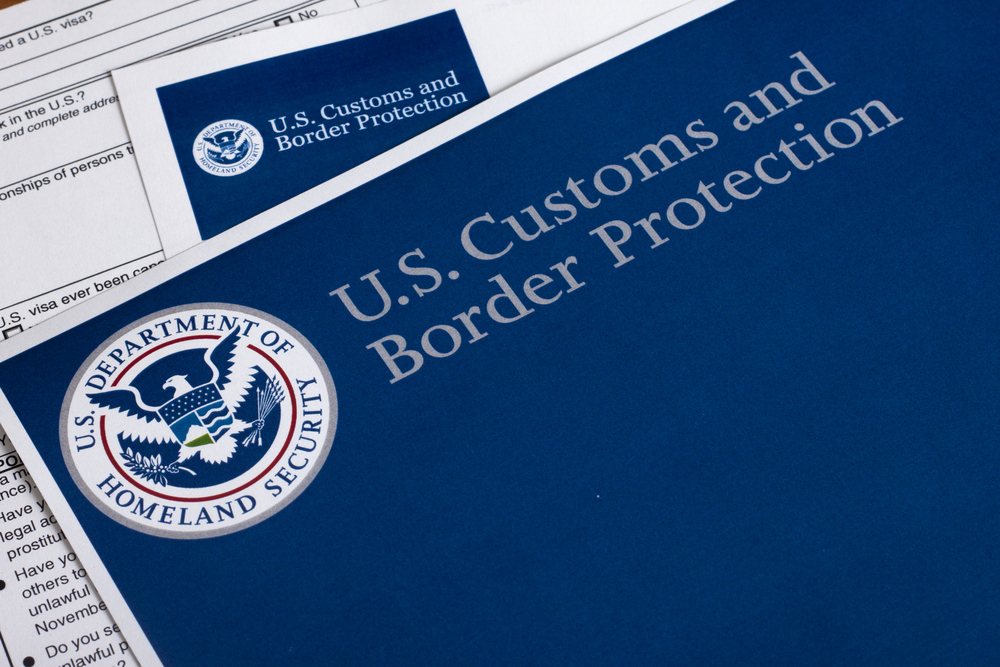The U.S. Government Accountability Office (GAO) said the U.S. Customs and Border Protection (CBP) agency is understaffed in trade enforcement and should develop a long-term hiring plan for trade positions.

Specifically, the GAO recommends that the commissioner of CBP should direct the Office of Trade and the Office of Field Operations to develop a long-term hiring plan that articulates how CBP will reach its staffing targets for trade positions. The plan should include performance targets and performance measures in its plan.
Customs and Border Protection enforces customs and trade laws that protect the U.S. economy and the health and safety of the American people. CBP staff conducts trade enforcement activities at more than 300 ports by, among other things, collecting revenue, identifying noncompliant imports, and seizing prohibited goods, such as counterfeit drugs.
The GAO found, however, that CBP generally had not met the staffing levels set by Congress for trade positions and that these shortfalls could impact CBP’s ability to effectively enforce trade laws (e.g., fewer cargo inspections).
CBP conducts trade enforcement across seven high-risk issue areas using a risk-based approach, but its plans generally lack performance targets that would enable it to assess the effectiveness of its enforcement activities. Violations in the high-risk issue areas can cause significant revenue loss, harm the U.S. economy, or threaten the health and safety of the American people.
Over the past five fiscal years, CBP generally has not met the minimum staffing levels set by Congress for four of nine positions that perform customs revenue functions, and it generally has not met the optimal staffing level targets identified by the agency for these positions. Staffing shortfalls can impact CBP’s ability to enforce trade effectively, for example, by leading to reduced compliance audits and decreased cargo inspections, according to CBP officials.